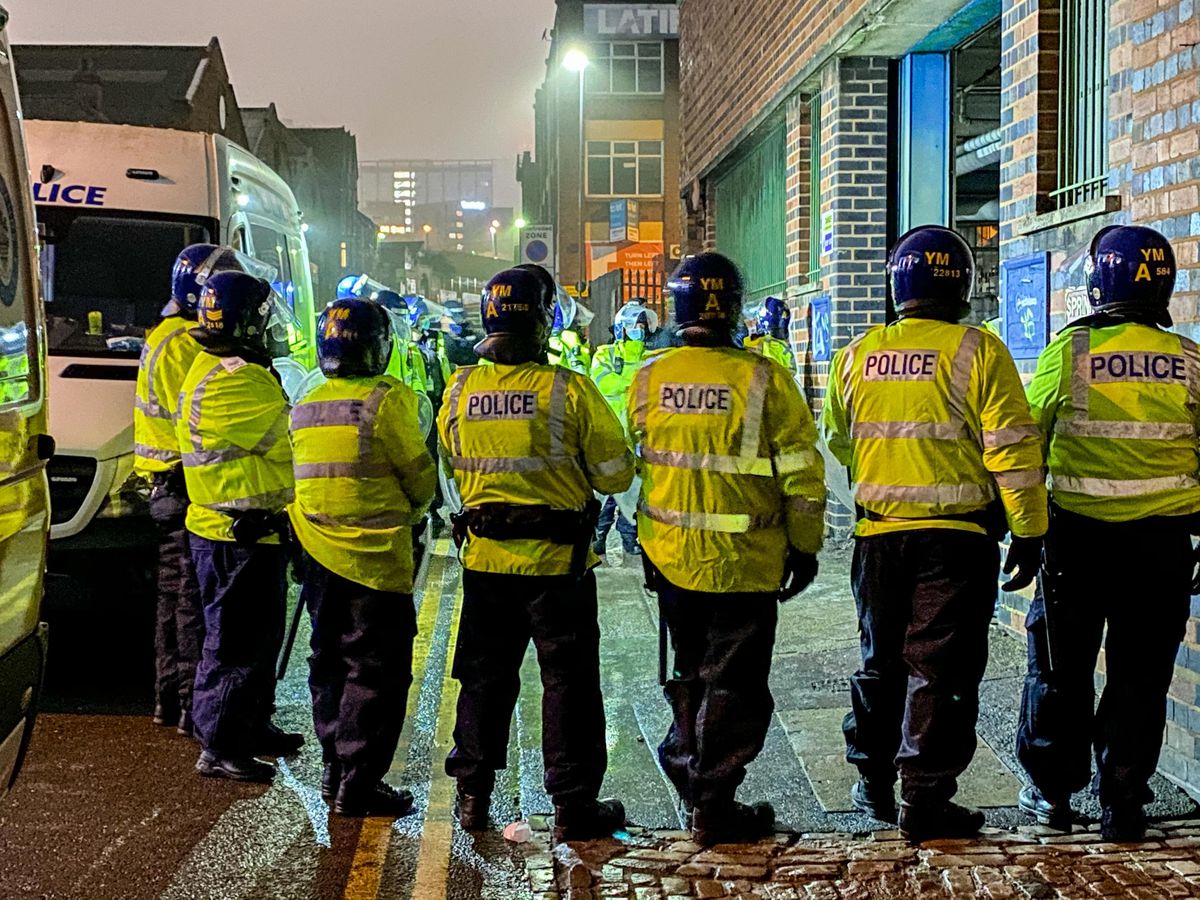Authorities were called to shut down an illegal rave in an under-construction police station in Amsterdam last week.
Last weekend (21st), police were called to an illegal event in the city’s Zeeburg district, where around 300 people were in attendance at the event, NME reports.
When police arrived at the construction site — a new police station in the Zeeburg district — people were still attempting to gain entry to the event by climbing over a fence surrounding the in-progress station to gain entry to the building. Holes were also cut in fences by party-goers, according to a police department spokesperson. “The building was practically full,” they said. The police confirmed that two people – a 19-year-old and a 20-year-old — had been arrested in connection with organising the rave.
The police also reported that all of the soundsystems used for the party had been seized.

The spokesperson added that the illegal rave wasn’t the only illicit event to take place in Amsterdam this weekend. While cops were busy shutting down that party, their colleagues were attending other to events elsewhere in the Zeeburg area and elsewhere in the city. Between 150 and 200 people were reported to have attended a rave in Korte Papaverweg on the same weekend.
The Netherlands enforced a three-week lockdown in late November in a bid to stop rising coronavirus cases. In mid-December, cafes, bars and restaurants were shuttered as the Omicron variant continued to spread. On the 26th of January, those establishments have been given permission to reopen – however they must operate at a reduced capacity and close at 10pm, while customers must have a COVID pass to gain entry.
Last summer, it was reported that UK Home Secretary Priti Patel relied on false data about illegal raves to push for a clampdown during the coronavirus lockdowns. A study by Mixmag showed that figures were inflated due to flawed methodology in how the data was collected.





